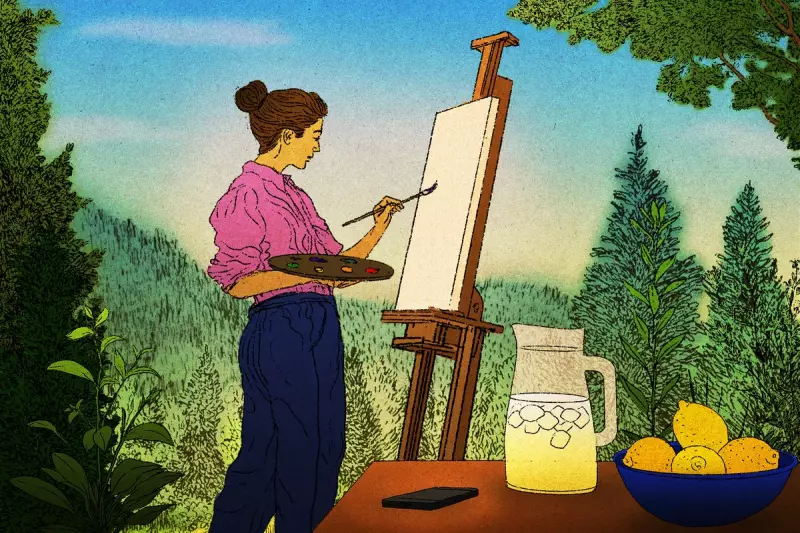
Are you scrolling when you should be creating? New research suggests Britain is facing a hidden leisure crisis as smartphones increasingly dominate our free time, pushing traditional hobbies into obscurity.
The comprehensive study, conducted by the National Trust, reveals the average UK adult now dedicates a staggering 23 hours and 37 minutes each week to screen-based activities. That's equivalent to a part-time job spent staring at devices.
The Numbers Don't Lie
Researchers surveyed 2,000 British adults about their leisure habits and uncovered a dramatic shift in how we spend our precious free time. While previous generations filled their evenings with hands-on activities, modern Britons are increasingly choosing digital consumption over creative pursuits.
The research highlights several concerning trends:
- 64% of respondents admit they spend more time on screens than pursuing hobbies
- Over half (53%) feel they don't have enough time for traditional activities
- Nearly two-thirds (63%) believe they're stuck in a 'screen time routine'
What Are We Losing?
The study identified the hobbies most at risk of disappearing from British life. Reading for pleasure, once a national pastime, has seen significant decline, along with crafts, gardening, and musical pursuits.
Sarah Ellis, Director of Gardening at the National Trust, comments: "We're witnessing a fundamental shift in how people value and use their free time. While technology offers incredible benefits, we mustn't lose the tangible satisfaction that comes from hands-on creative activities."
The Psychological Impact
Beyond the loss of skills and creativity, experts warn of deeper psychological consequences. The instant gratification provided by digital devices may be rewiring our brains to prefer passive consumption over active creation.
Dr. Rebecca Nowland, a senior psychology lecturer, explains: "Physical hobbies provide a sense of accomplishment that scrolling through social media simply cannot match. They're crucial for mental wellbeing and cognitive health."
A Nation Ready for Change
Despite the concerning trends, there's hope. The research indicates that 59% of British adults want to reduce their screen time, and 45% are actively seeking more meaningful ways to spend their leisure hours.
The National Trust is responding by encouraging people to rediscover analogue pleasures through various initiatives designed to help Britons reconnect with hands-on activities.
As Ellis concludes: "It's about finding balance. Technology isn't the enemy, but we need to ensure it doesn't completely replace the activities that bring us genuine, lasting satisfaction."





